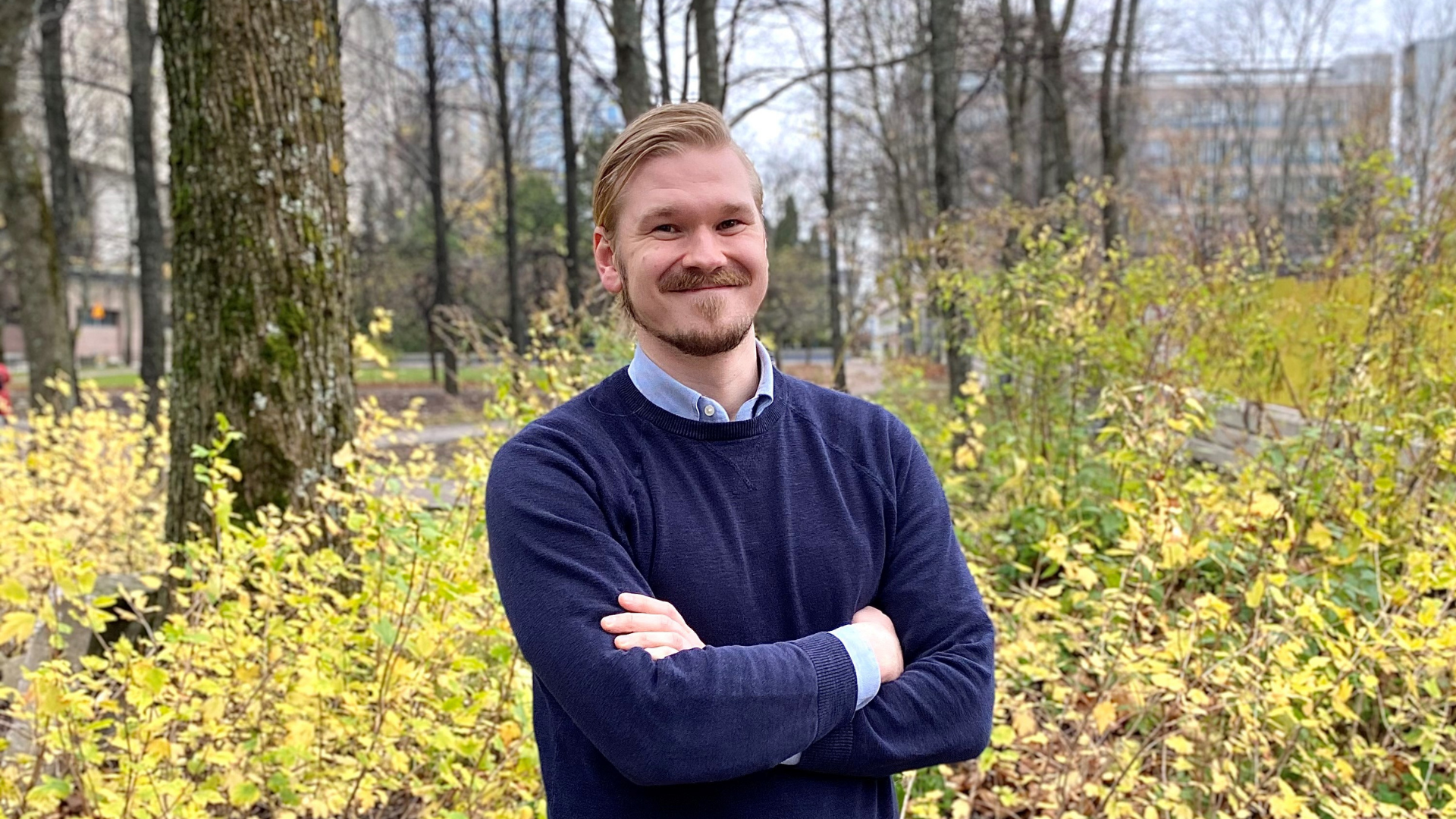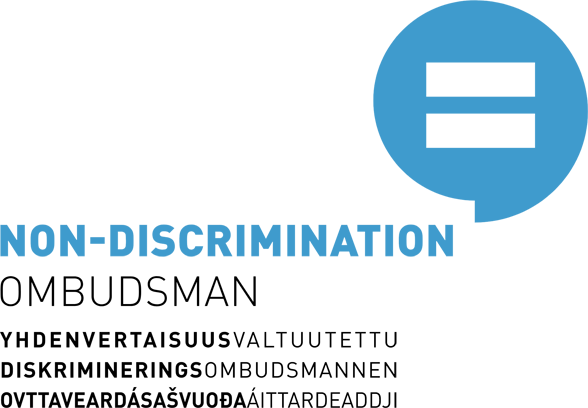What is the principle of non-punishment of victims of trafficking in human beings?
The non-punishment principle is an international legal principle. According to the principle, victims of trafficking in human beings must not be prosecuted or punished for their involvement in unlawful activities which they have been compelled to do as victims of trafficking in human beings.
The principle of non-punishment protects victims of trafficking in human beings from criminal liability for acts they have been forced to do. The principle is necessary because it can be used to combat exploitation related to criminal activity, ensure realisation of the rights of victims and promote the sentencing of perpetrators guilty of trafficking in human beings.
Provisions on the non-punishment of victims of trafficking in human beings are included in legislation such as the Council of Europe Convention on Action against Trafficking in Human Beings (Article 26) and the EU Directive on preventing and combating trafficking in human beings and protecting its victims (Article 8).
Exploitation of criminal activities as a form of trafficking in human beings
Trafficking in human beings does not mean selling and buying of human beings as such. Instead, a trafficking offence is a process in which human beings are exploited, typically for financial gain. This means that trafficking in human beings is essentially about an imbalanced power structure where the victim does not have a real possibility to defy the perpetrator’s will.
The principle of non-punishment is fundamentally connected to exploitation of criminal activities, which is an internationally recognised form of trafficking in human beings. According to the EU Directive on trafficking in human beings, this means the exploitation of a person to commit, inter alia, pick-pocketing, shop-lifting, drug trafficking and other similar activities which are subject to penalties and imply financial gain.
Unlawful acts that victims of trafficking in human beings are compelled to do may also be related to use of falsified documents or illegal immigration. Furthermore, victims may be forced to participate in the trafficker’s offence of trafficking in human beings, the victims of which they themselves also are. For example, a victim exploited for prostitution may be forced to recruit new victims to be exploited. In some countries, begging and prostitution constitute criminal activities.
Exploitation for criminal activities may not be the primary purpose of exploitation of a victim of trafficking in human beings. For instance, in addition to being sexually exploited a victim may also be exploited for trafficking of narcotics while the victim is being transported from one country to another.
The non-punishment principle and identifying victims of trafficking in human beings
Identifying victims of human trafficking exploited for criminal activities is crucial in order to offer them the help they need. Identifying victims of trafficking in human beings is also important for application of the non-punishment principle because the principle cannot be invoked if victims are not identified.
It is difficult to identify victims exploited for criminal activities because the victim cannot tell authorities about the exploitation they have been subjected to, without revealing their own participation in criminal activities. Therefore, victims find it hard to seek help from authorities and they may not be willing to explain the full situation even after being caught for crimes they were compelled to commit. Furthermore, victims of trafficking in human beings may not consider themselves to be victims. Compelling a victim to commit crimes tightens the trafficker’s control over the victim because the victims fear of criminal liability and the threat of getting caught increase the victim's dependence on the trafficker.
If exploitation of criminal activities is not identified, the victim of trafficking in human beings is treated as an offender instead of a victim. In such case, the trafficking in human beings does not become known to authorities and the perpetrator does not face criminal liability. In other words, the victim of a serious crime is punished instead of the actual perpetrator. The purpose of the non-punishment principle is to address this fundamental problem. The non-punishment principle is a form of incentive for victims to tell authorities about exploitation and a guarantee that this does not turn against the victim.
Purpose of the non-punishment principle
According to the Directive on trafficking in human beings, the aim of the non-punishment provision is to safeguard the human rights of victims, to avoid further victimisation and to encourage them to act as witnesses in criminal proceedings against the perpetrators. The purpose of the non-punishment principle is not to release victims of trafficking in human beings from all liability. According to the Directive on trafficking in human beings, the non-punishment principle does not apply to offences that a person has voluntarily committed or participated in. Thus, application of the non-punishment principle requires that the unlawful act committed by a victim of trafficking in human beings was materially related to the trafficking circumstances.
The principle of non-punishment promotes the realisation of the victim’s rights and compliance with human rights obligations, such as respecting the obligation to protect victims of trafficking in human beings under Article 4 of the European Convention on Human Rights. Another purpose of the non-punishment principle is to avoid further victimisation by removing the victim from the perpetrator’s control.
The non-punishment principle is also aimed at preventing secondary victimisation and harm caused by it. This means the victim having to go through strenuous criminal procedure as a suspect in addition to being a victim of trafficking in human beings. In extreme cases, this may lead to a victim of trafficking in human beings getting sentenced to imprisonment for an act for which the victim should not have been punished according to the non-punishment principle. A punishment may also lead to administrative sanctions, such as deportation or a criminal record entry, which may have far-reaching consequences in the life of the victim.
Personal evidence often plays a key role in criminal cases concerning trafficking in human beings and cooperation with victims helps authorities with their obligation to ensure that perpetrators are held liable for their crimes. The non-punishment principle encourages victims to testify against their traffickers, because the principle includes a promise that this will not be held against the victim. This allows for more efficient combating of trafficking in human beings by protecting victims and promoting the implementation of the non-punishment principle.
The Office of the Non-Discrimination Ombudsman is currently conducting research on the non-punishment principle. The report ordered by the Ministry of Justice will be completed in the spring of 2022.




